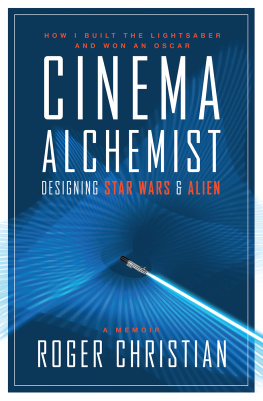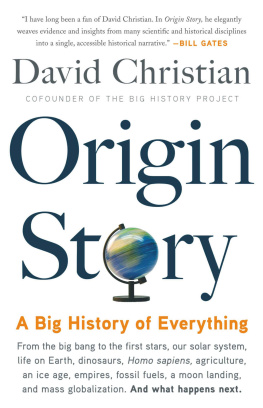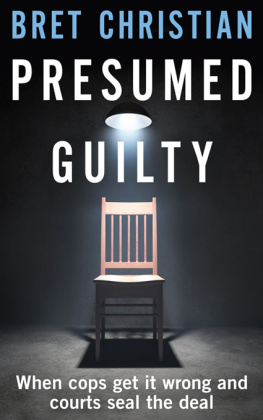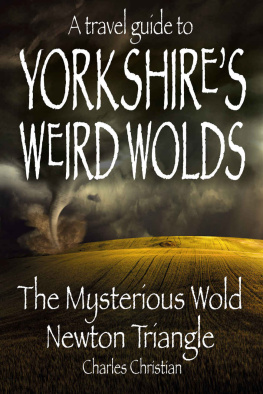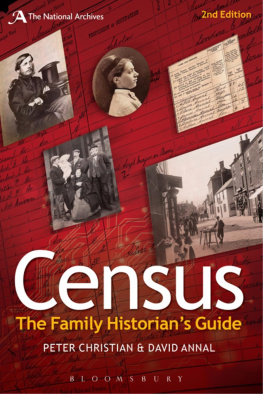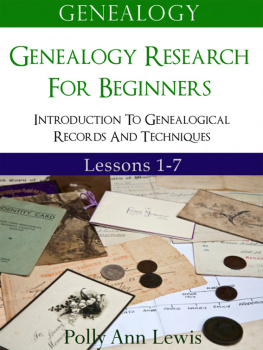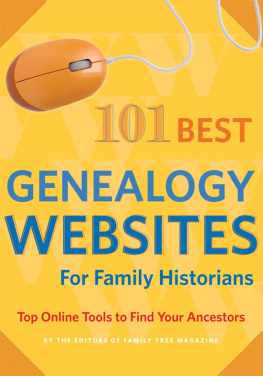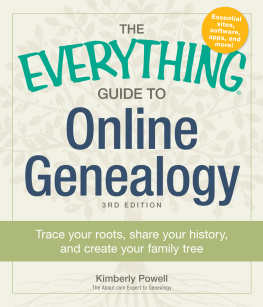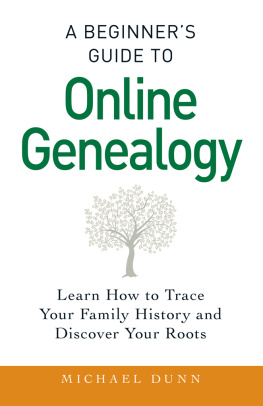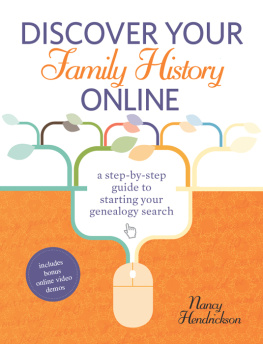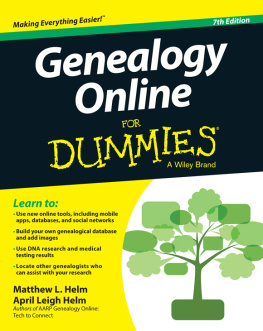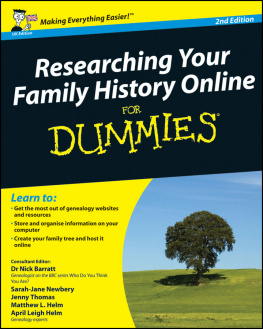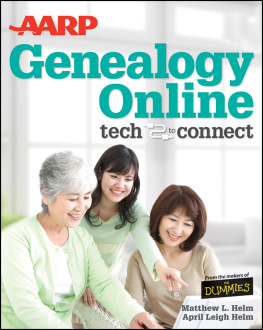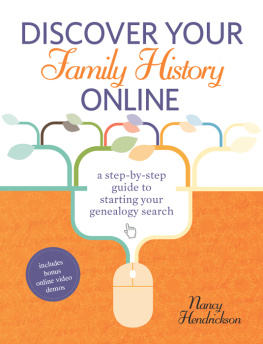
Dedicated to the memory of
Douglas Godfrey Christian
19231974
The website for this book is at < www.spub.co.uk/tgi5 />
Contents
The statistics tell us that a large and increasing majority of the UK population have internet access at home, and many others no doubt have access from work or a local library, so this book assumes a reader who has at least basic familiarity with the internet, using email and a web browser. However, I have not assumed any experience of other internet facilities, nor any technical knowledge, so even the absolute internet novice should not be unduly baffled. The book is about what you can do online rather than on the technology behind it. All the same, there are one or two areas where its useful to have some understanding of how things work (and why they sometimes dont), so there is detailed discussion of search engines, mailing lists, and web publishing in the later chapters. The professional internet user will probably want to skip some of this, but the queries and problems which are raised in online discussion forums suggest that even quite seasoned internet users do not always exploit these resources as fully as they could.
This book also does not assume you are already an expert in genealogy, but it cant pretend to be a general introduction to researching your family tree, nor provide guidance in how to organize your research. The basics of family history are covered briefly in , First Steps, along with some recommended internet resources for the beginner, and the chapters relating to records explain briefly why you might want to look at those records. But if you are completely, or fairly, new to family history youll need a good book on offline genealogy as well (see p. 6 for recommendations).
Web addresses were never designed for print, and the longer they are, the more of a challenge they present to the typographer. Many of the longer URLs in this text have necessarily been broken over two lines, but the URL should be read as an unbroken sequence of characters there are never spaces or line breaks in internet addresses. (Some sites dont seem to know this: where you see %20 in a web address, its a replacement for an improper space.)
Addresses for web pages are partially case sensitive. Anything up to the first / is not case sensitive; anything after that usually must be in the correct case.
In general, I have indicated titles of websites solely by initial capitals, while individual pages are between inverted commas. However, the distinction between a site and page is not always easy to make, and I wouldnt claim to have been thoroughly consistent in this respect.
Occasionally, a URL has been so long that I have given instructions on how to get to the page rather than give the full URL. Unfortunately, this tendency for long URLs seems to be increasing, as more and more sites deliver their pages from a database or content management system. Another increasingly popular practice is what might be termed the we-are-giving-this-document-an-incredibly-long-web-address-so-you-are-in-no-doubt-what-it-is-about-and-if-you-have-to-type-160-characters-it-is-not-our-problem approach. County record offices and government websites seem to have a particular propensity for unwieldy URLs, and the longest URL for a resource mentioned in the book is a 187-character address for a page on the Customs and Excise site:
In such cases the direct link is available on the website for this book at < www.spub.co.uk/tgi5 />.
Wikipedia
Wikipedia consistently bases the web address of each article on the exact wording of its title, so the article on the History of the English fiscal system, referred to on p. 119, is located at < en.wikipedia.org/wiki/History_of_the_English_fiscal_system >, with underscores standing in for spaces. Citing both title and URL in the text is therefore redundant, and I have quoted only the page title for Wikipedia articles. The easiest thing, assuming youre not just following the link from the website for this book, is to go to any page in the English-language Wikipedia at < en.wikipedia.org/wiki/ > and start typing the title in the search box at the top right. That will soon bring up a link to the page in question. Wikipedia URLs, incidentally, are not case sensitive.
Internet resources are in a constant state of flux. Each revision of this book finds around 20 per cent of the links in the previous edition no longer work or, even worse, take you to quite different material. All of the URLs will have been checked just before the book goes for printing, and if youre reading this as a newly published book, you will find, with any luck, that none of the URLs have gone out of date while it was at the printers. After that, youre certain to find some dead links; at some point one of the major sites will undergo a complete overhaul and a dozen links will expire overnight.
Of course, we should be grateful when out-of-date material is removed from public view, and it is only to be expected that personal sites will move or vanish without warning. In a number of cases, valuable material is preserved only in web archives (see below).
Official and commercial sites are less likely to disappear as a whole, but are regularly being improved by redesign and reorganization, as one would wish. Unfortunately, their consideration for users does not always extend to redirecting you from the old pages to the new. Too often they simply tell you the old page is not there actually not even that, they simply say there is no such page and dont indicate whether theyve moved the page or youve mistyped the URL. They then expect you to use their search engine to see if the material is still anywhere on the site. To those responsible for such sites: sorry folks, I know that maintaining a large website is hard work, but this is bad practice, and doesnt do much for your image either!
For print, this instability raises insurmountable problems, and it is something all internet books have to live with. But one of the advantages of the web is that links can be kept up to date, so on the website for this book at < www.spub.co.uk/tgi5 /> there are links to all the resources mentioned in the text, and the aim to is to keep those links current or, if necessary, to flag the material as no longer available.
Web archives
A website or page that is no longer present at its original home may nonetheless have been archived online and still be accessible. This is perhaps most useful for sites run by individual volunteers, where valuable material may disappear simply because the person concerned no longer has either the time or the funds to keep it going. For sites that are still up and running, it might seem there is no virtue in accessing an old version with, presumably, outdated information, and in general this is truean old version of Cyndis List or a Genuki page may have curiosity value but is not of practical use for family historians. But major sites that undergo a redesign often abandon useful material not because it is out of date but simply because it does not fit in with the way the site has been reorganized.
The URLs for material in these archives are often unwieldy, since they include both the original web address and the location in the archive. The last version of the old Family Records site, for example, is at < collections.europarchive.org/tna/
20090804161046/http://www.familyrecords.gov.uk
Next page

